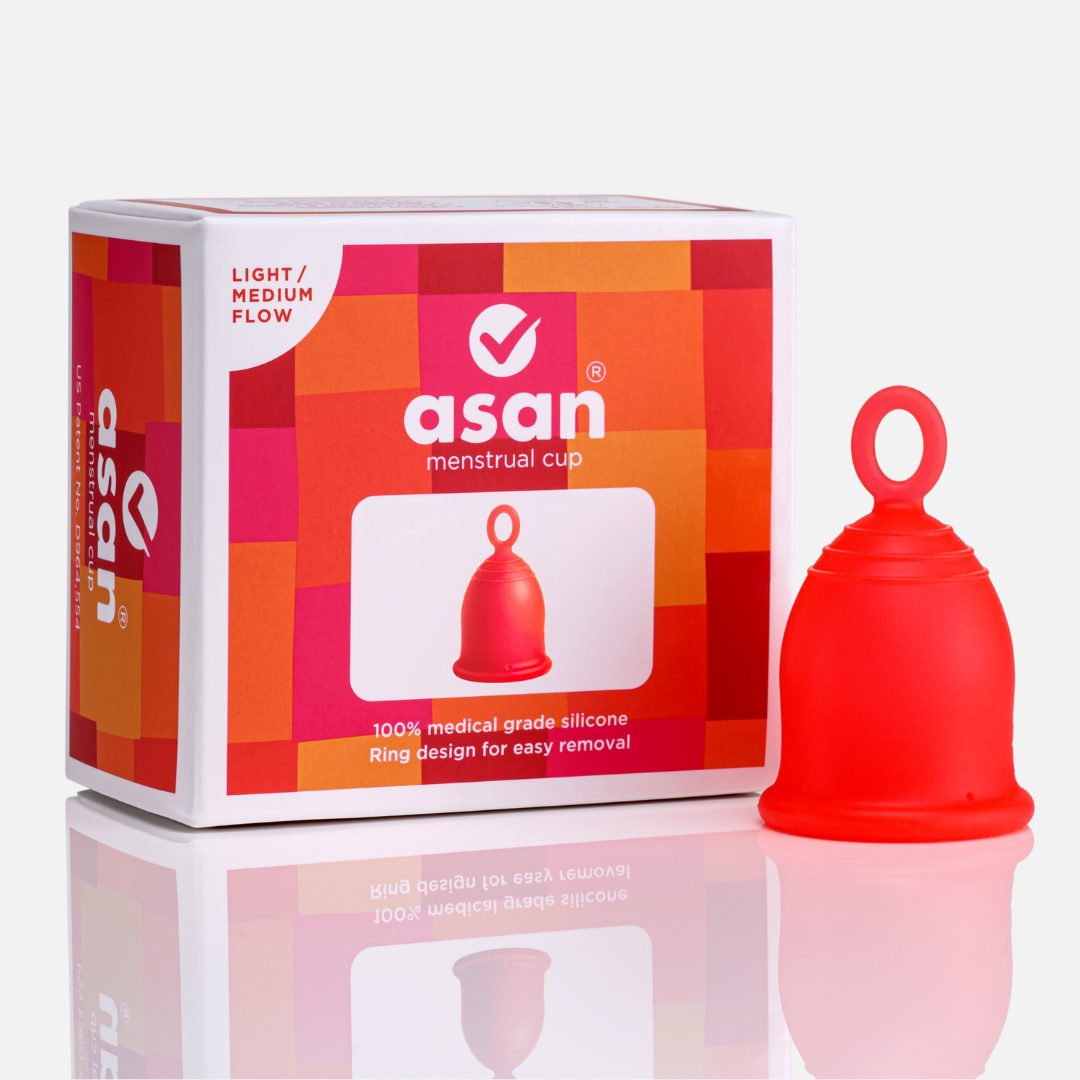

Do you notice a sudden surge in cravings and energy a few days after your period? That’s your body gearing up for ovulation.
This phase is a critical part of your menstrual cycle, where the body prepares itself to ovulate or release an egg. It typically occurs two weeks before the start of your next period – so around day 14 in a 28-day menstrual cycle, or day 16 in a 30-day menstrual cycle.
While the timing may slightly differ from person to person, the ovulation phase is marked by changes that stimulate the development and release of a mature egg.
To learn more, read this blog on the 4 phases of your menstrual cycle.
This comes along with its own set of physical and hormonal changes, and the right ovulation-boosting foods can make all the difference to your overall well-being.
Whether you're looking to balance your hormones, support a healthy ovulation diet, or just feel more in tune with your body, nourishing yourself with the right nutrients is key.
Foods that improve ovulation can support hormonal balance, boost energy levels, and even curb those mid-cycle cravings. Not to mention, eating foods for egg health can further support the process of ovulation and your reproductive health.
In this blog, we’ll dive into five essential foods you should definitely include in your diet for ovulation phase.
1. Lean proteins
During ovulation, your body has high levels of oestrogen. This hormone has an appetite-suppressing effect, which may mean that you feel less hungry but more optimally energised.
As a result of high levels of oestrogen, your body’s need to rely on carbohydrates for quick energy decreases and instead shifts to a need for proteins. Protein is essential for the production of reproductive hormones and egg development, making it a key component of fertility nutrition.
You can include ovulation support foods like lean proteins such as tofu, eggs, chicken breast, and even fish. If you prefer a more plant-based nutrient-rich diet for ovulation, you can choose to have lentils, chickpeas, quinoa, and edamame.
All these foods are great sources of protein that will help regulate your hormones, curb cravings, and improve egg health. If you're finding it hard to meet your protein intake, you can also try incorporating supplements like a protein powder that works for you.
By incorporating these into fertility-boosting meals, you can better support your body during ovulation.
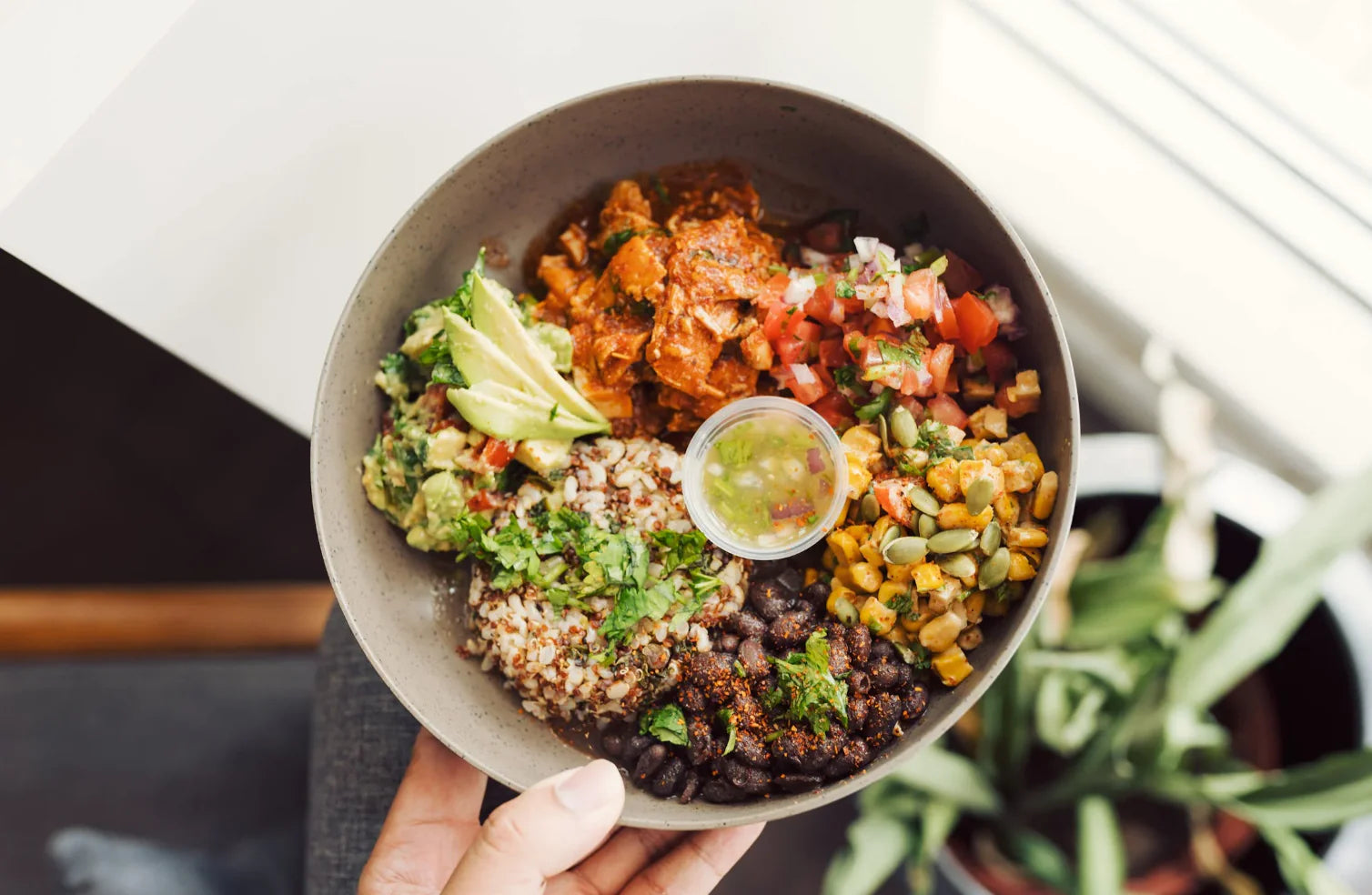
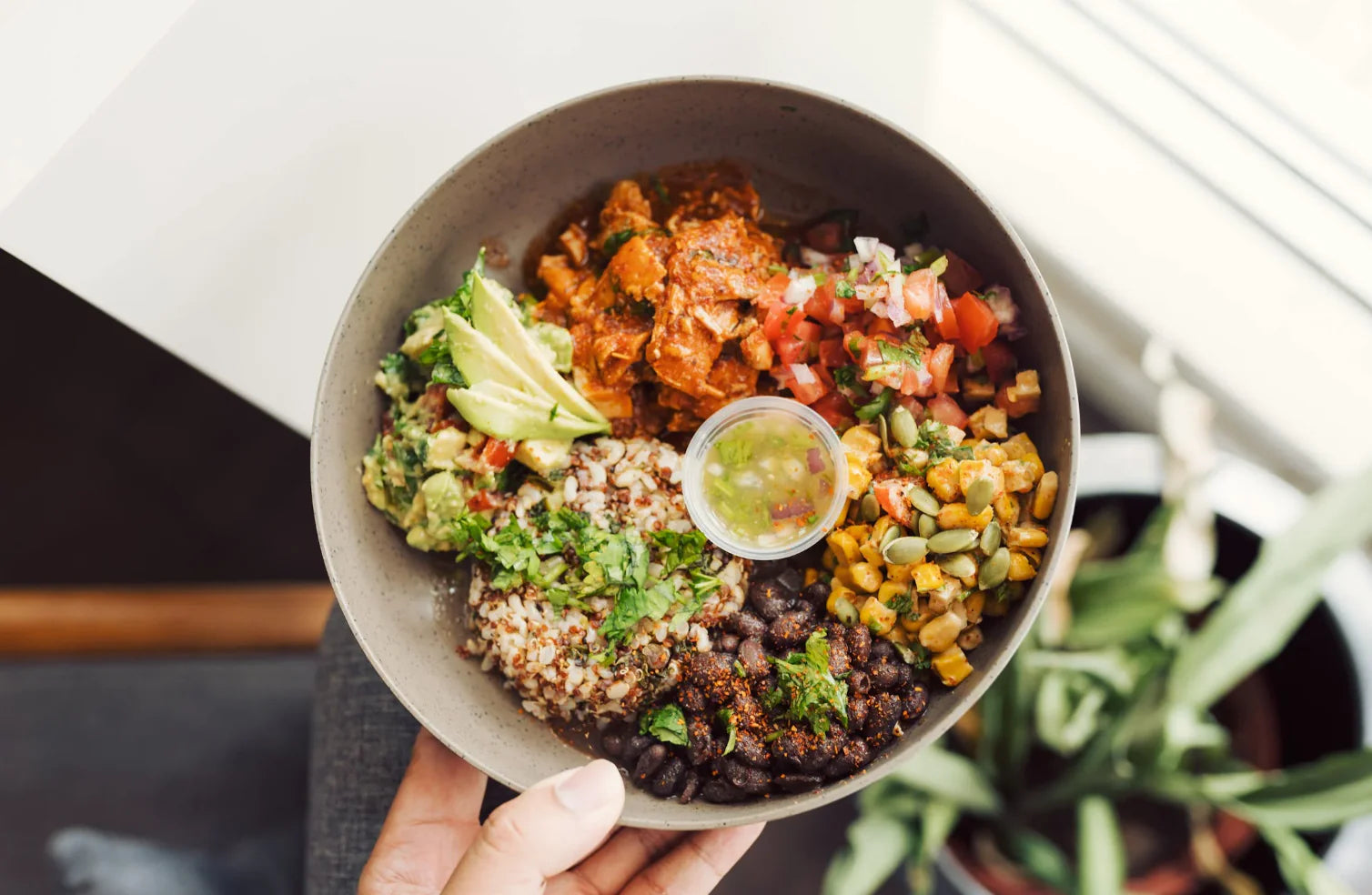
2. Healthy fats
Foods like avocados, olive oil, nuts, and seeds contain healthy fats for ovulation, which support hormone production and reduce inflammation.
These hormone-balancing foods are essential for creating a stable environment for ovulation, as they help regulate hormones and improve egg quality.
By including these fats in your meals, you're embracing cycle-supportive nutrition that directly benefits overall reproductive health.
Incorporating these reproductive wellness foods into your nutritional support during ovulation will not only enhance fertility but also help you maintain a balanced, nutrient-rich diet.
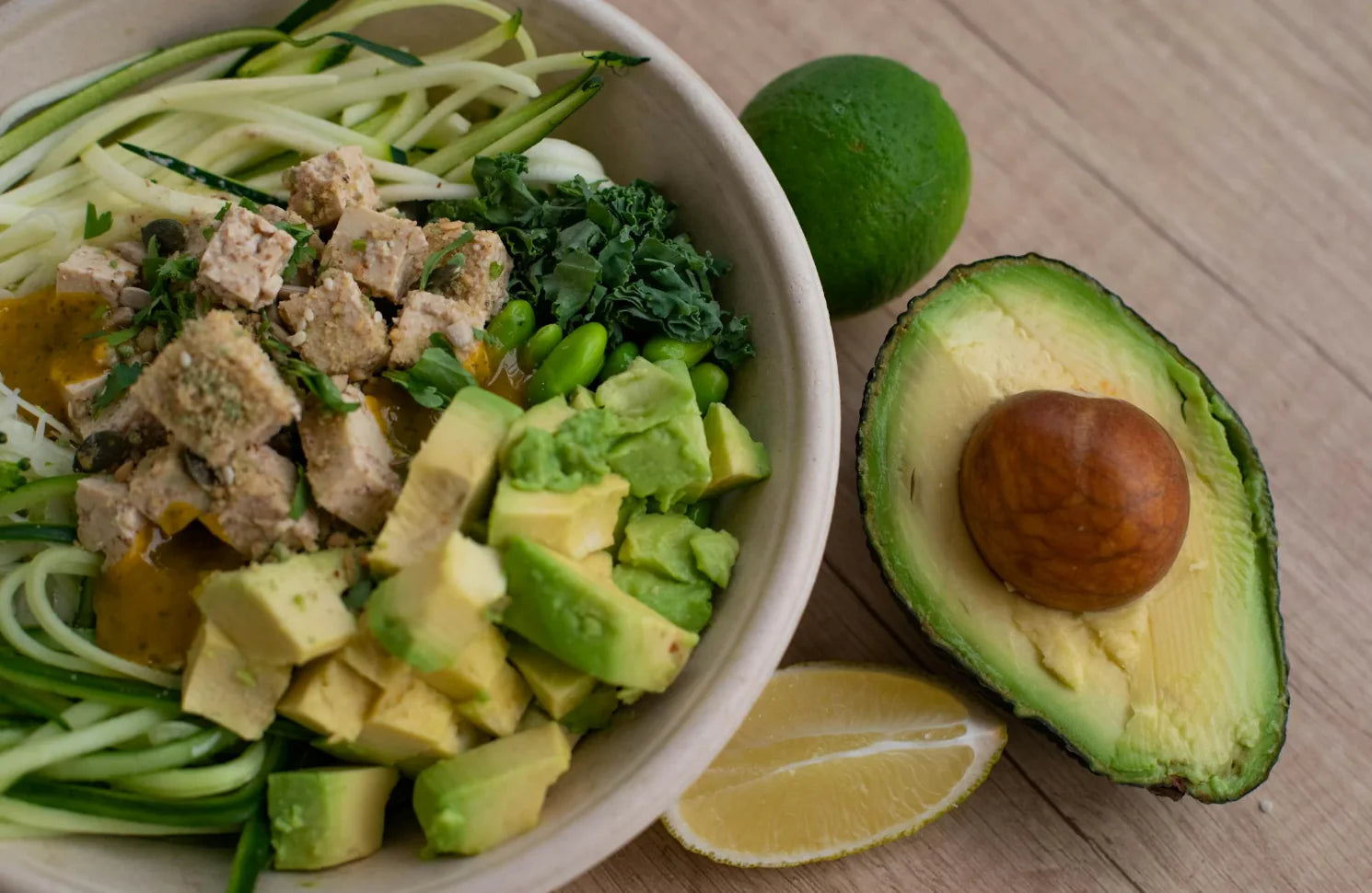
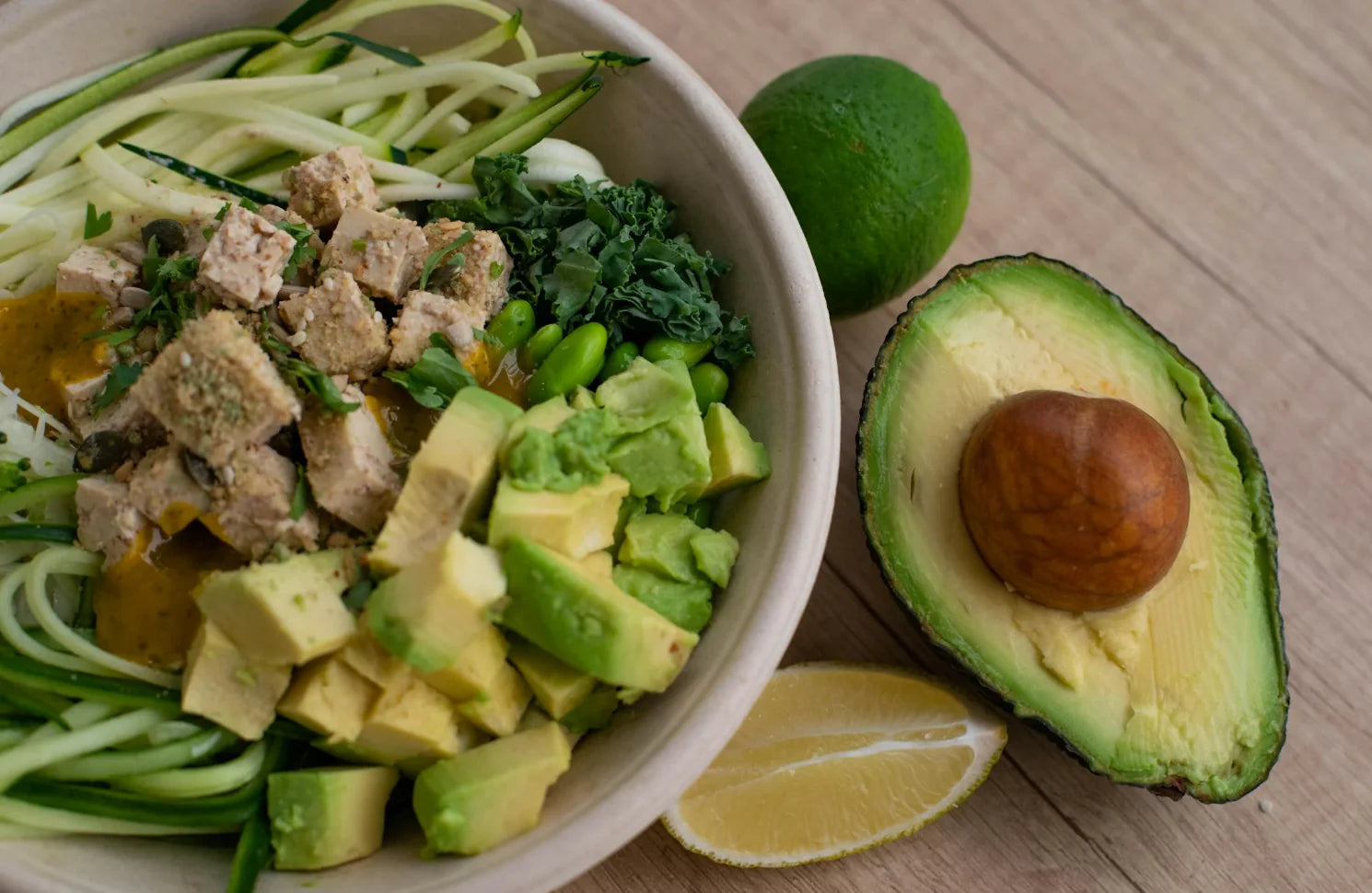
3. Cruciferous vegetables
As mentioned before, your body has high levels of oestrogen during the ovulation phase. This is why it’s also important to focus on foods that can help metabolise the extra oestrogen and prevent it from getting stored in the body.
Foods that will help you do this include cruciferous vegetables such as cabbage, broccoli, cauliflower and brussels sprouts.
They are also rich in fibre, antioxidants and essential ovulation-friendly nutrients like folate and calcium that are needed in reproductive health meals.
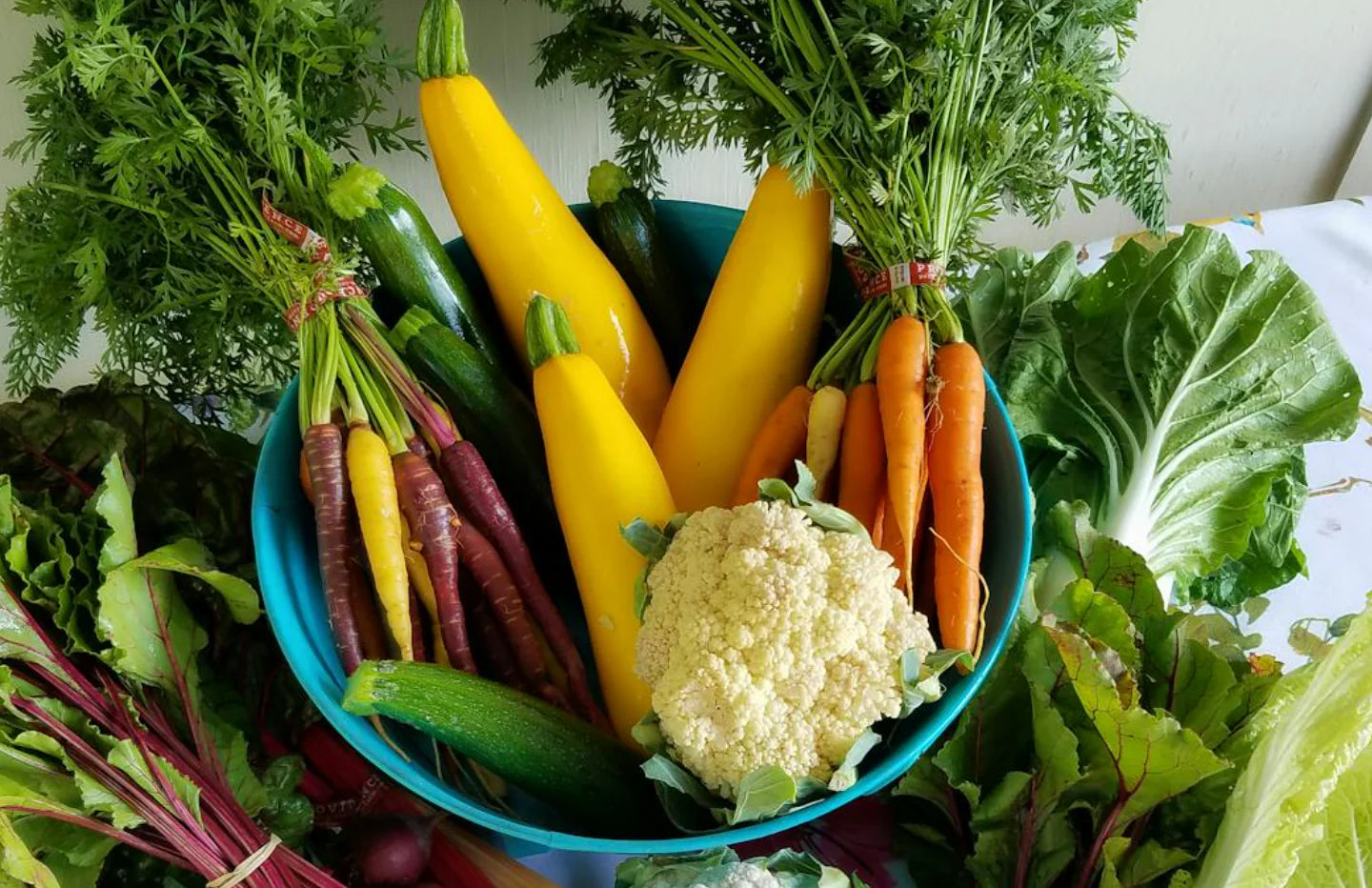
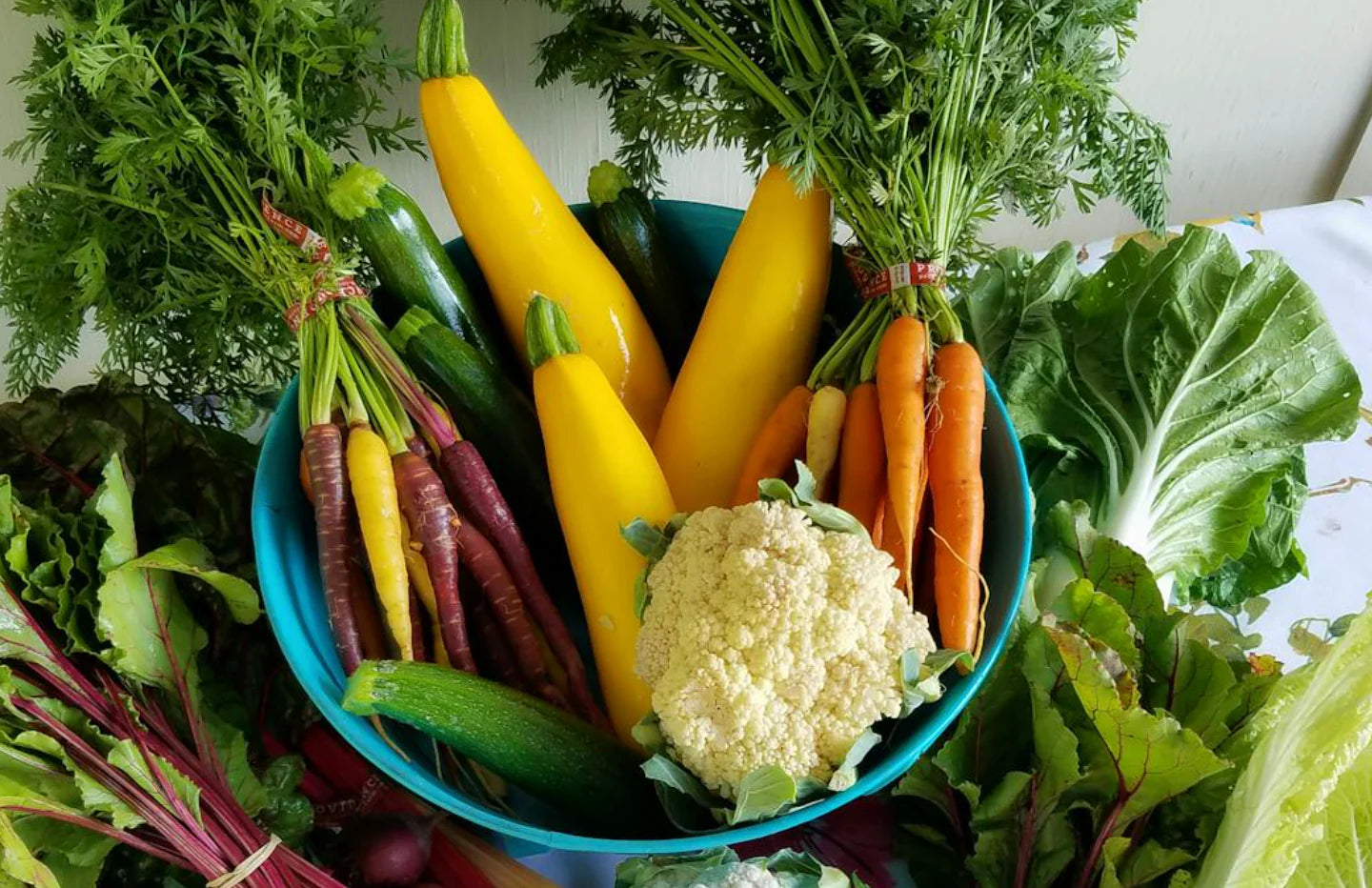
4. Antioxidants
During ovulation, the body undergoes hormonal fluctuations and increased metabolic activity, which may generate stressors for the body. Antioxidants help neutralise and reduce these stressors and promote overall reproductive health.
You can include a variety of antioxidant-rich foods such as berries, dark leafy greens, citrus fruits such as oranges and lemons, nuts and colourful vegetables like carrots and red peppers into your diet for reproductive health.
These ovulation enhancing ingredients will provide essential nutrients, ensuring necessary support for hormonal balance, egg quality, and overall reproductive wellness.
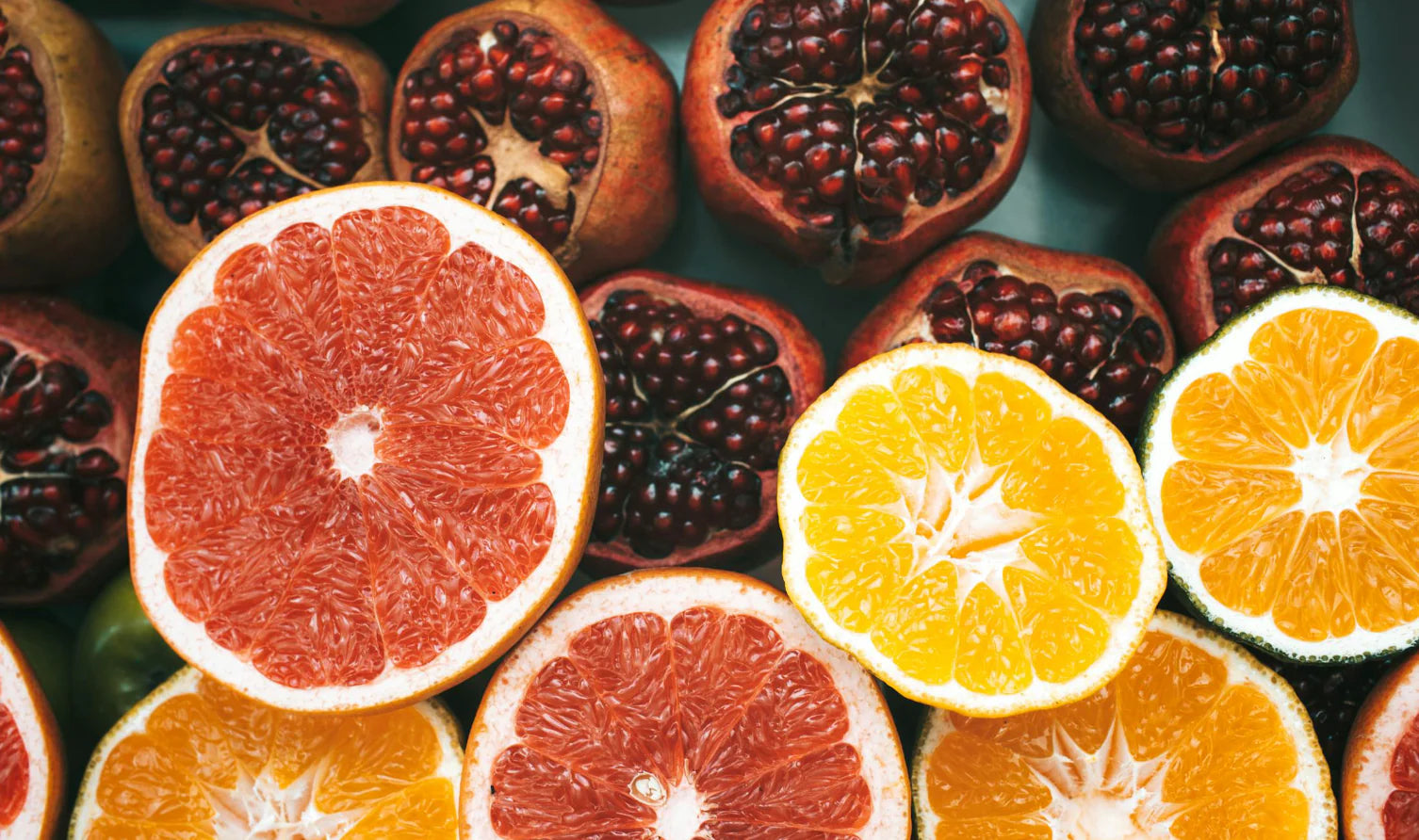
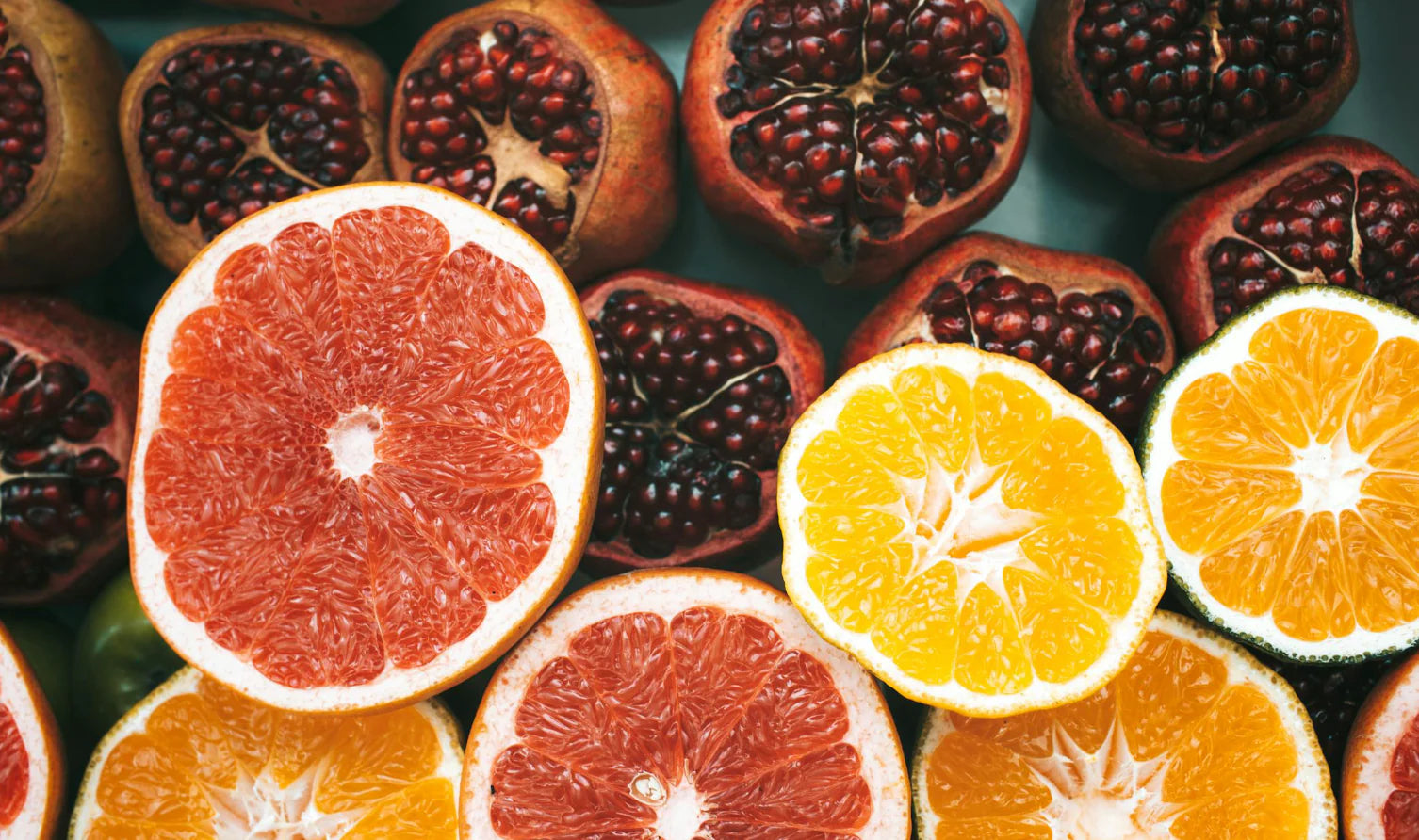
5. Omega-3
Omega-3 is also one of the best foods for fertility and ovulation because it enhances blood flow, supports mood and stress management, improves egg quality and has anti-inflammatory properties.
To incorporate omega-3s into your diet during the ovulation phase, you can add foods to enhance fertility such as fatty fish (like salmon and sardines), flaxseeds, chia seeds, walnuts, and algae-based supplements for a more plant-based diet.
By following thisovulation phase nutrition guide, you can take steps to nourish your body and promote overall wellness during this crucial phase of your cycle.
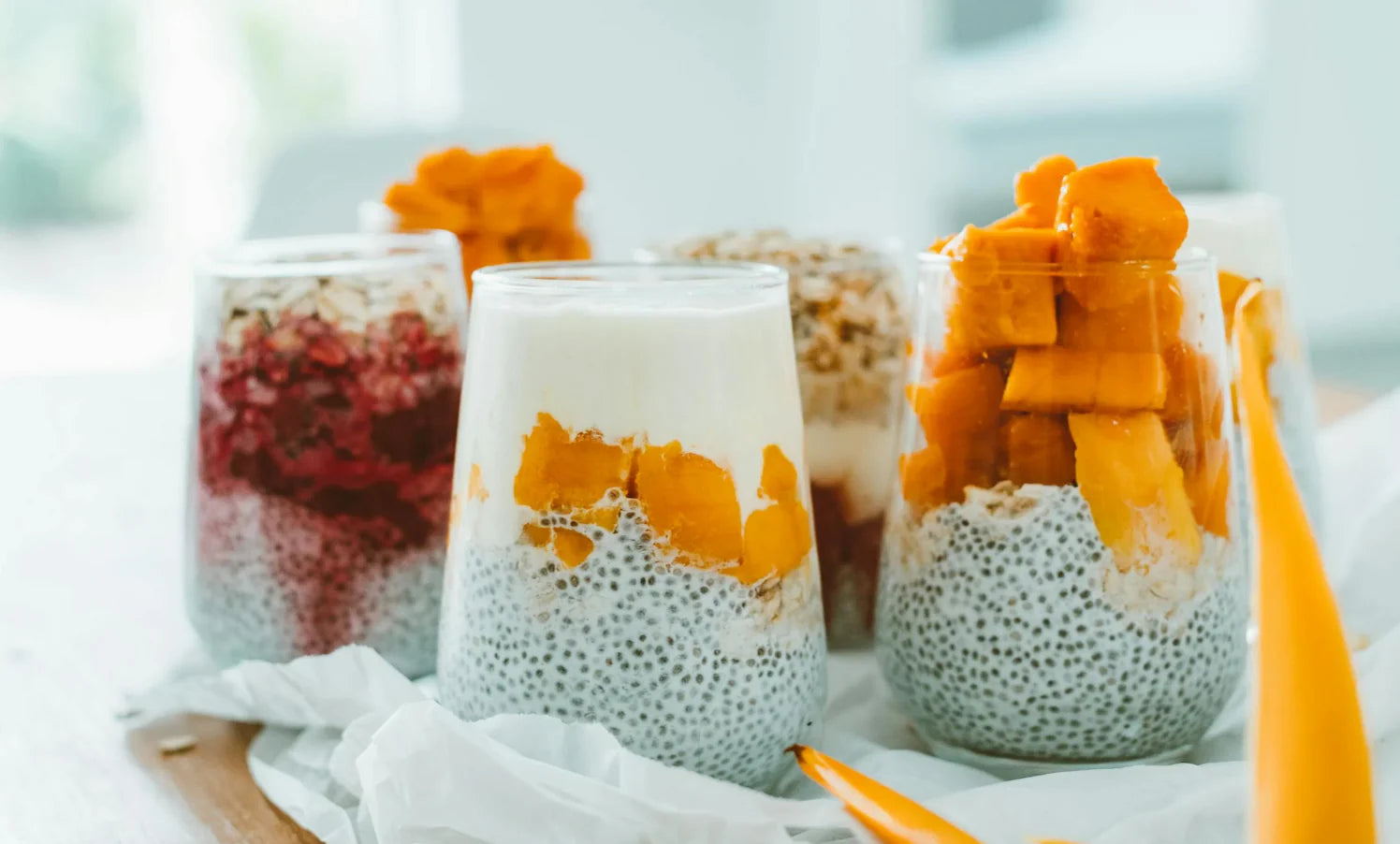
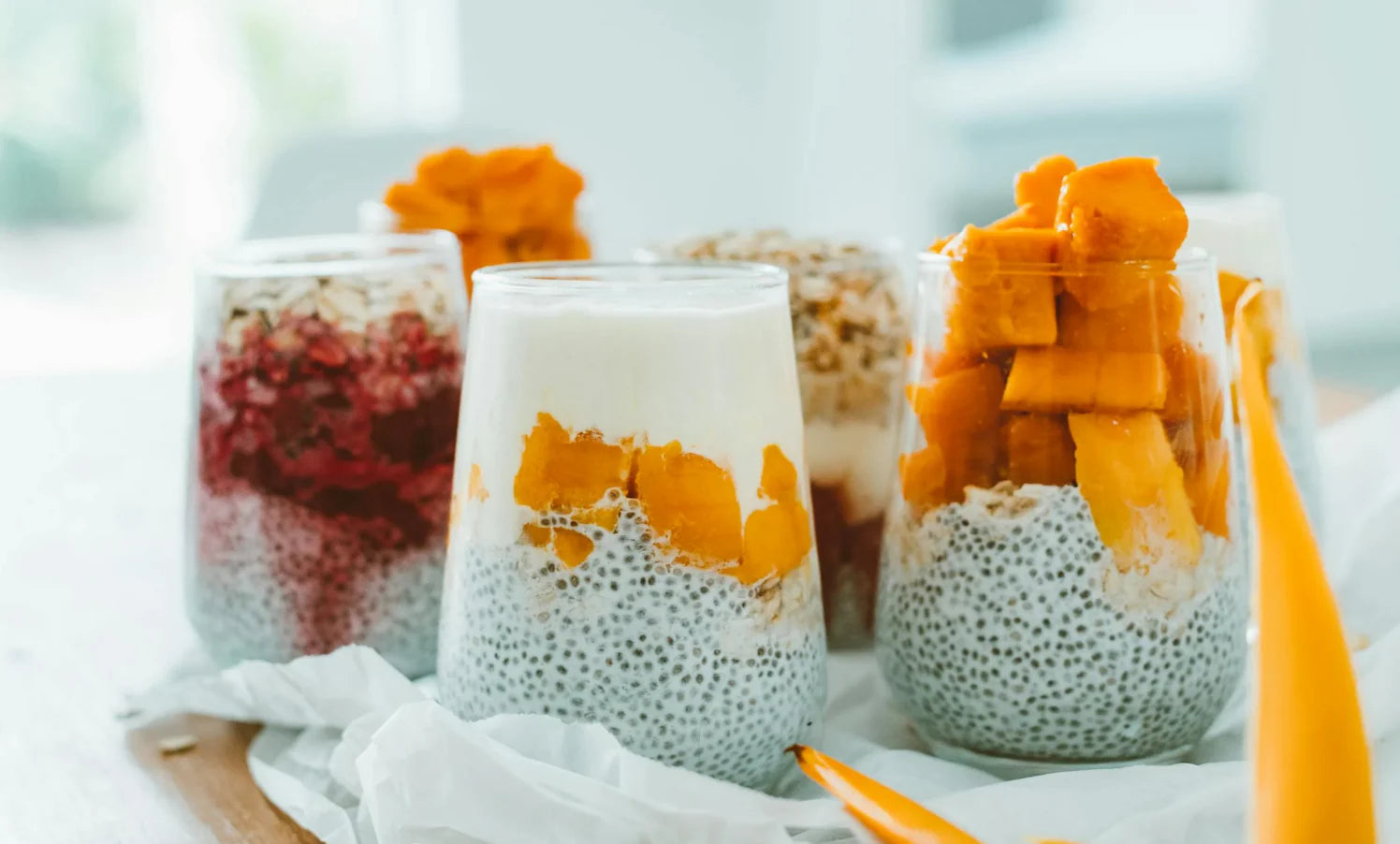
Want to stay up to date?
Follow us on Instagram
More Posts
View all-

-

Quick 5-ingredient smoothies for hormone support
Quick 5-ingredient smoothies for hormone support, designed for every phase of your cycle from PMS relief smoothies to green blends that support menstrual cycle nutrition.
Quick 5-ingredient smoothies for hormone support
Quick 5-ingredient smoothies for hormone support, designed for every phase of your cycle from PMS relief smoothies to green blends that support menstrual cycle nutrition.
-

Low-sugar desserts for the luteal phase sweet tooth
Low-sugar desserts for the luteal phase that support blood sugar balance, hormone balance, and help manage sugar cravings with protein desserts and low GI foods.
Low-sugar desserts for the luteal phase sweet tooth
Low-sugar desserts for the luteal phase that support blood sugar balance, hormone balance, and help manage sugar cravings with protein desserts and low GI foods.
-

Muscle relaxants and periods
Read to learn more about muscle relaxants for menstrual pain management.
Muscle relaxants and periods
Read to learn more about muscle relaxants for menstrual pain management.
